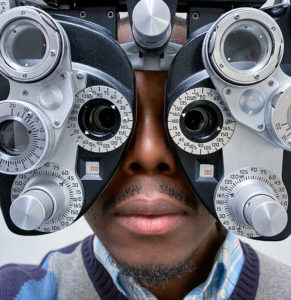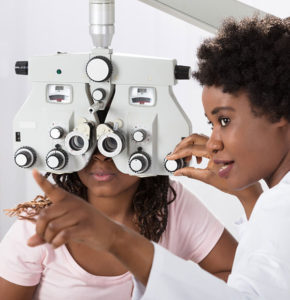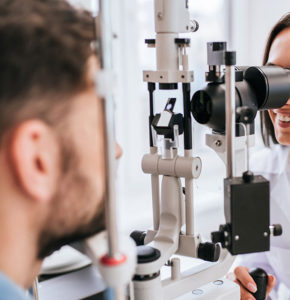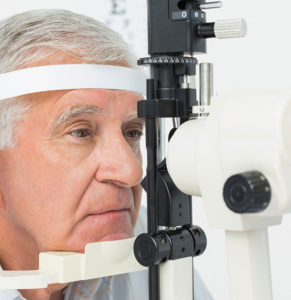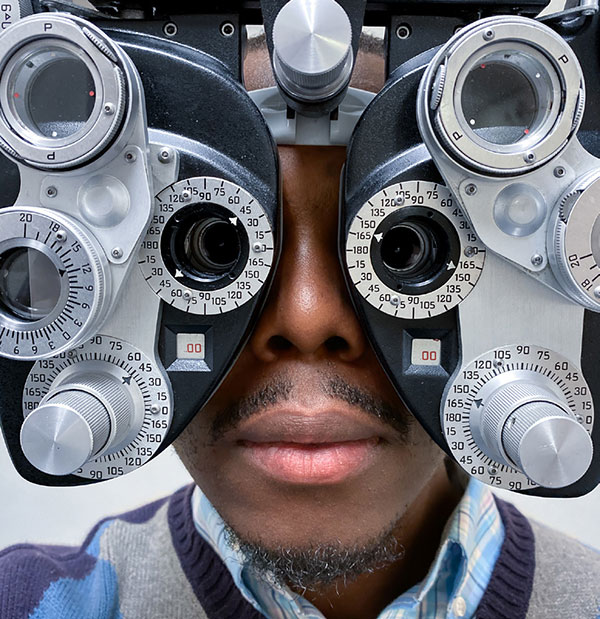If you live in Rexburg and have diabetes or prediabetes, your doctor will want to check your eyes at least once a year with a dilated eye exam. Diabetes can affect your vision in the long term and the short term. The sooner you treat an issue, the greater the likelihood it can be reversed. Left untreated, however, vision issues caused by diabetes can lead to blindness.
Blurred vision
High blood sugar levels can lead to a buildup of fluid that moves in and out of the eye, leading to blurriness. While this can be corrected in the short term by regulating your blood sugar, over time uncontrolled diabetes can damage small blood vessels, which can permanently damage the retina.
Cataracts
If you have diabetes, you are 60 percent more likely to develop cataracts, which cause clouding over the eye’s lens, blocking your vision. People with diabetes are also at risk of developing cataracts at a younger age. Faster progression of the condition is also a risk.
Glaucoma
If you have diabetes, you are at least twice as likely to develop glaucoma, which causes damage to your eye’s optic nerve and can lead to permanent vision loss. Often symptoms don’t show up until the disease has progressed. People tend to lose vision slowly or see bright halos or colored rings around lights.
Diabetic Retinopathy
Diabetic retinopathy occurs when high blood sugar levels cause damage to small blood vessels in your retina. It is the most common cause of vision loss for people with diabetes. The longer you have diabetes, the more likely you are to get diabetic retinopathy, and if it’s not diagnosed and treated early, you are more likely to go blind.
Diabetic Maculopathy
A condition that is often caused by diabetic retinopathy, maculopathy is damage to the macula, which is the part of the eye that provides your central vision. In many cases, it is caused by blood vessels that leak protein into the macula, causing a buildup of fluid and damage to the macula.
Some of the people living in Madison County have been unaware that they had diabetes for several years, until they began to experience problems with their eyes or vision. So, even if you aren’t diagnosed with diabetes now, talk to your doctor if you are experiencing any difficulties with your vision. If you do have diabetes, managing it through physical activity, a healthy diet, and prescription medication can help prevent or delay vision damage.

